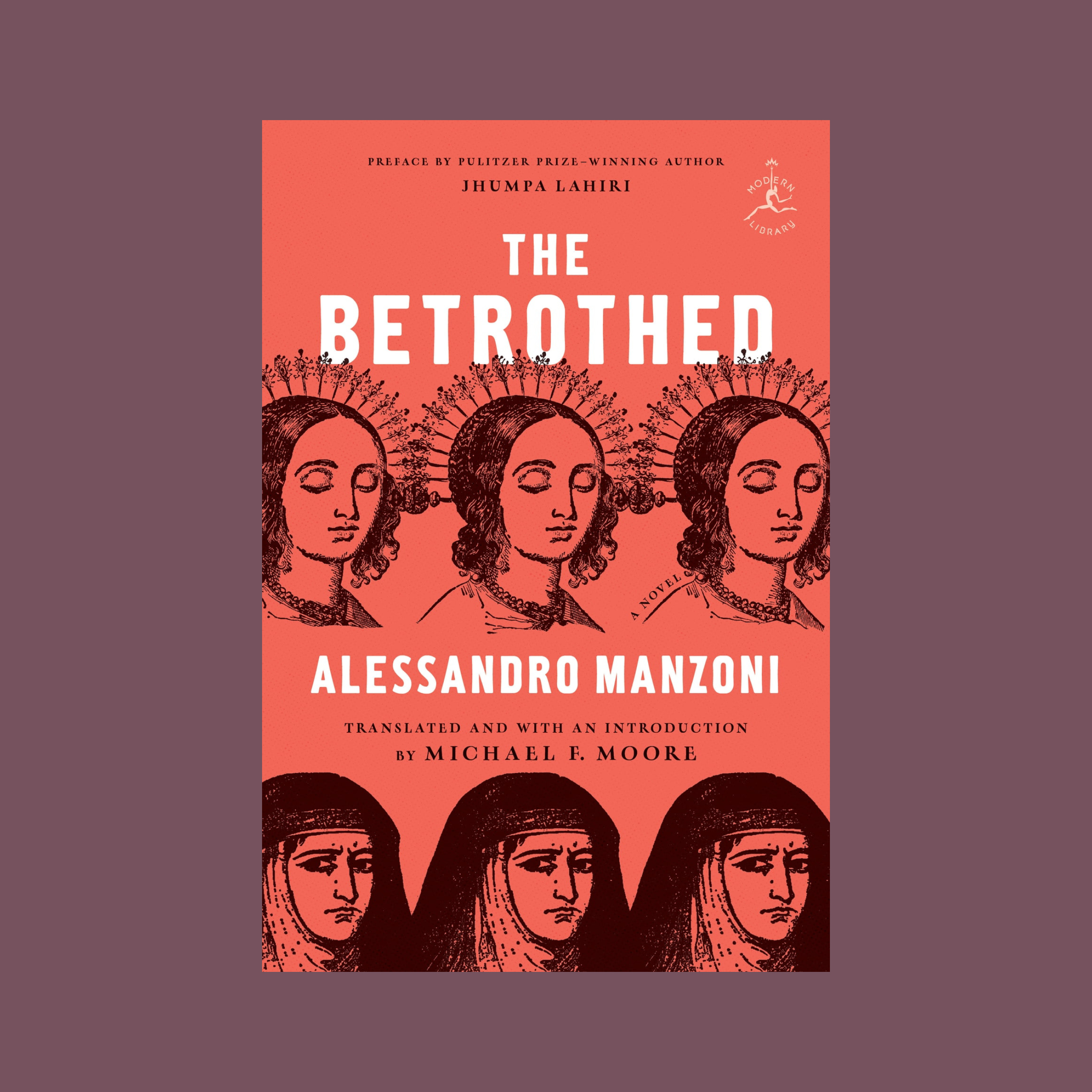APS TOGETHER
Day 9
The Betrothed by Alessandro ManzoniChapter 7 (to end)
March 1, 2023 by Michael F. Moore
“The next morning Don Rodrigo woke up as Don Rodrigo again. The dread planted in his bones by that warning, “The day will come,” had vanished together with the dreams of the night. All that remained was his anger, exacerbated by shame over his momentary weakness.”
An echo of Padre Cristoforo’s revival of his old self—the one he wanted to repress—back in Chapter 6. “His old self joined with the new.” In both men the old self is fierce and wrathful.
“‘I’m sure you know,’ the man replied, smoothing the cloth on the table with both hands, ‘that the first rule of our trade is not to stick our nose into other people’s business. Not even our women do. It would be begging for trouble, with so many people coming and going. It’s like a seaport in here… when the harvest is good, that is. But we keep our spirits up. The times of plenty will be back. For us it’s enough that our customers are honest men. We don’t care who they are or aren’t. And now I’ll bring you a plate of meatballs, the likes of which you’ve never tasted.’”
The hypocrisy of the innkeeper, who then turns around and tells the two thugs exactly what they want to know.
“Between the initial conception of a dreadful deed and the acting upon it (according to a barbarian who was not devoid of genius), all the interim is like a phantasma or a hideous dream.”
Manzoni ironizing on Voltaire’s description of Shakespeare as a “barbarian,” an opinion he did not share. The two tragedies that Manzoni wrote, Il conte di Carmagnola and Gli Adelchi were heavily influenced by the bard, through the prism of German Sturm un Drang. This quote is from Julius Caesar: “Between the acting of a dreadful thing / And the first motion, all the interim is / Like a phantasma or a hideous dream.”
